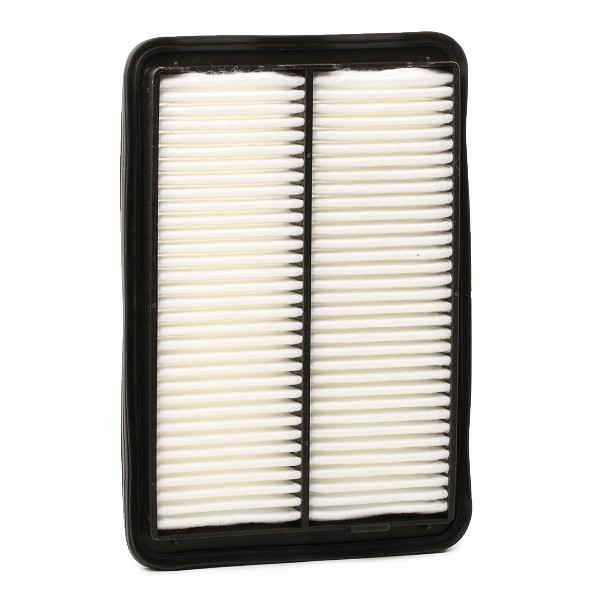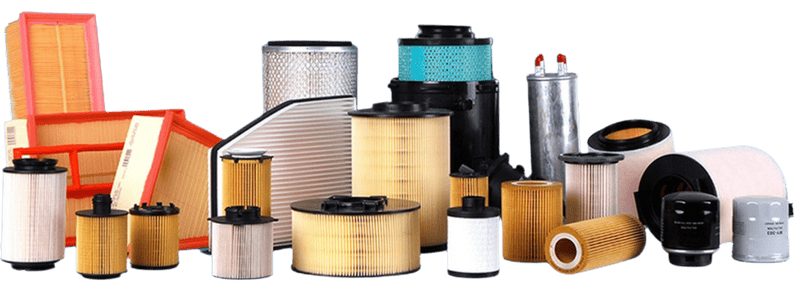Introduction
Choosing the right automotive filters is crucial for your vehicle’s performance and longevity. Just like you wouldn’t put low-quality oil in your engine, selecting subpar filters can lead to significant issues down the road.
Understanding Automotive Filters
What Are Automotive Filters?
Automotive filters are essential components that keep your vehicle running smoothly. They trap dirt, debris, and contaminants from various fluids—like oil, air, and fuel—ensuring that your engine operates efficiently. Think of them as the lungs of your car; if they’re clogged or dirty, your vehicle can’t breathe properly!
Types of Automotive Filters
There are several types of automotive filters that every car owner should know about:
Oil Filters: These remove contaminants from engine oil, ensuring proper lubrication for moving parts. A clean oil filter helps prevent engine wear and tear.
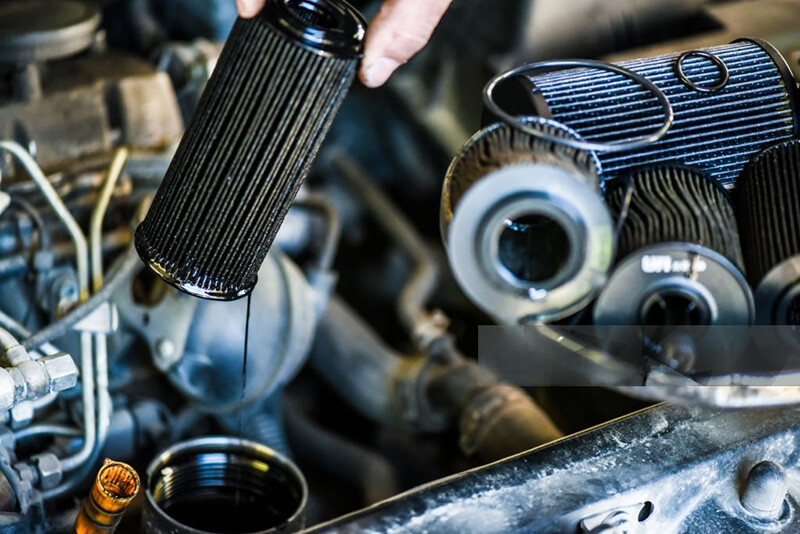
Air Filters: Air filters keep dirt and debris from entering the engine. A clean air filter improves fuel efficiency and performance; if it’s clogged, your engine has to work harder!
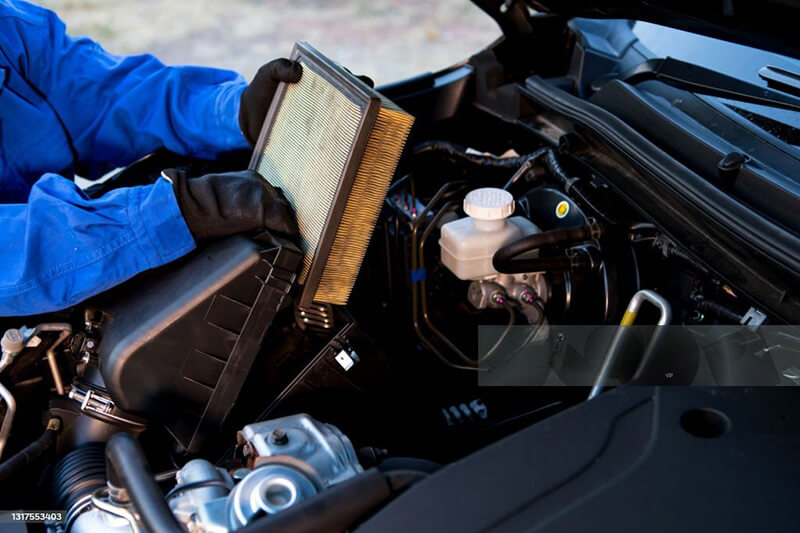
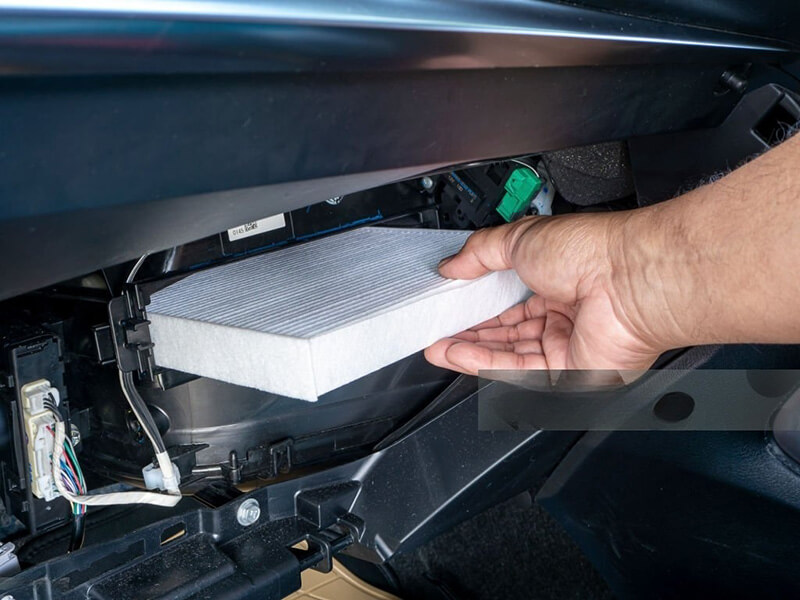
Fuel Filters: Fuel filters prevent contaminants from entering the fuel system. A dirty fuel filter can cause poor engine performance or even failure to start. Regular replacement is key!
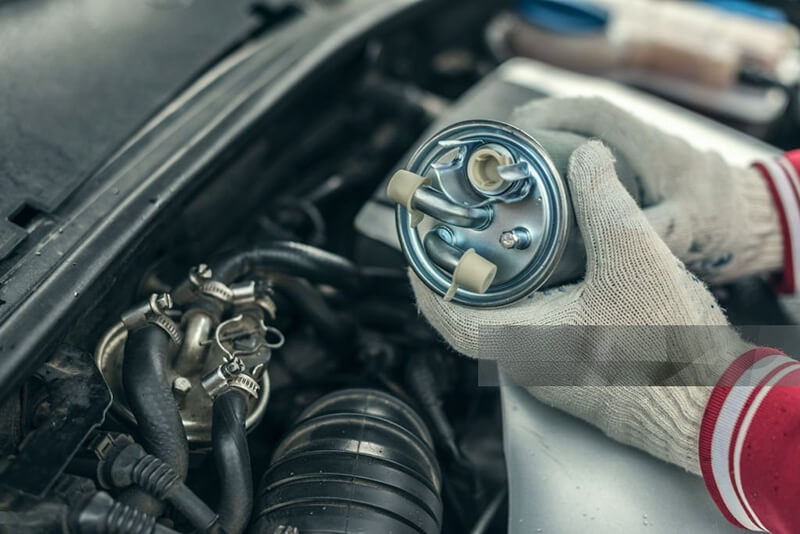
Importance of Choosing the Right Filter
Selecting the right filter is crucial for optimal vehicle performance. The wrong choice can lead to reduced efficiency, increased emissions, and even costly repairs down the line. It’s like choosing the wrong medicine for an illness; it just won’t do the trick! So let’s look at some common mistakes people make when choosing automotive filters.
Common Mistakes to Avoid:
Ignoring Quality
One of the biggest blunders is overlooking filter quality. It’s tempting to go for cheaper options, but low-quality filters can wreak havoc on your engine’s performance. Always opt for high-quality filters from reputable manufacturers. Investing in quality ensures that your filter performs effectively and lasts longer.
Overlooking Compatibility
Another common error is ignoring whether a filter is compatible with your specific vehicle model. Each car requires a specific type and size of filter. Using an incompatible filter can lead to leaks or inadequate filtration. Always check your owner’s manual or consult with a professional mechanic to ensure you’re getting the right fit.
Neglecting Maintenance Schedules
Many drivers forget about their filters until there’s an issue. Regular maintenance is key! Oil filters should typically be replaced every 5,000 miles or as recommended by your manufacturer; air and fuel filters may have different intervals depending on driving conditions. Treating your car like you would your health—regular check-ups are essential for longevity!
Choosing Based on Price Alone
While it’s natural to want to save money, choosing a filter solely based on price can be a costly mistake in the long run. Cheaper filters may not perform as well or last as long as their more expensive counterparts. It’s essential to find a balance between cost and quality—after all, you wouldn’t buy a cheap pair of shoes that fall apart after a few wears!
Skipping Professional Advice
Sometimes we think we know it all, but consulting with professionals can save us from costly mistakes. Mechanics have experience and knowledge about what works best for different vehicles and conditions. Don’t hesitate to ask for their advice; it can make all the difference in keeping your car running smoothly!
Tips for Selecting the Right Automotive Filter
Researching Brands and Reviews
Before making a purchase, take some time to research various filter brands. Look for customer reviews and expert recommendations online. Factors such as brand reputation, warranty offerings, and product specifications can help guide your decision. This research will empower you to choose a filter that meets your needs effectively.
Consulting with Mechanics
When in doubt, consult with a professional mechanic who has experience with different vehicles and their specific requirements. A mechanic can provide personalized recommendations based on your car’s needs and driving conditions. This advice can be invaluable in ensuring you select the right automotive filters.
Considering Driving Conditions
Your driving habits play a significant role in determining which filters are best for you. For example, if you frequently drive in dusty or off-road conditions, you may need higher-quality air filters that can handle more debris. Always consider how you use your vehicle when selecting filters.
Conclusion
By understanding what each filter does and keeping up with regular maintenance, you’ll ensure your vehicle runs at its best for years to come. Remember: taking care of your car is an investment in its longevity!
FAQs
1. How often should I replace my engine filter?
– It varies by type; typically every 5,000 miles for oil filters while air and fuel filters depend on usage.
| Filter Type | Recommended Replacement Interval |
| Oil Filter | Every 5,000 miles |
| Air Filter | Every 12,000-15,000 miles |
| Fuel Filter | Every 30,000-60,000 miles |
| Cabin Air Filter | Every 15,000-25,000 miles |
YouTube Video Links: Embed videos demonstrating how to replace various automotive filters.
How to Replace an Oil Filter: https://youtu.be/p2LhbKjpgxI
How to Change an Air Filter: https://youtu.be/lSrr617zKzI
2. What are the signs that indicate a need for filter replacement?
– Common signs include decreased performance, unusual noises from the engine, or warning lights on your dashboard.
3. Can I clean and reuse a filter instead of replacing it?
– While some filters can be cleaned (like certain air filters), most oil and fuel filters should be replaced rather than reused.
4. Are expensive filters always better than cheaper ones?
– Generally yes; investing in quality filters can save money on repairs and improve performance over time.
5. What are the risks of using the wrong filter for my car?
– Using an incompatible filter can lead to poor performance, increased wear on engine components, or even complete engine failure.

